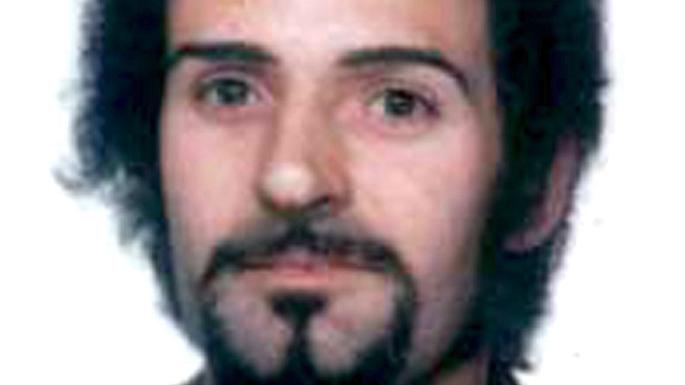Yorkshire Ripper link to two Swedish murders
Serial killer Peter Sutcliffe, known as the Yorkshire Ripper, is reportedly being investigated by UK police as a possible suspect for the brutal murder of two women in Sweden almost 40-years ago.
Serial killer Peter Sutcliffe, known as the Yorkshire Ripper, is reportedly being investigated by UK police as a possible suspect for the brutal murder of two women in Sweden almost 40-years ago.
Gertie Jensens body was found on a Gothenburg building site in August 1980. She was 31.
Just a fortnight later, 26-year-old sex worker Teresa Thörling was found dead in the entrance to a building in Malmo. She had suffered severe head injuries.
Bo Lundqvist, a cold-case investigator in Malmo, said that that her murder bore Sutcliffes signature in terms of its sexually charged brutality with police suspecting a link as early as 1981.
After press reports that Sutcliffe had been in the country, Swedish police at the time contacted their counterparts in the UK for more information. They were told that he had not visited, said Mr Lundqvist.
A month later Interpol said there was evidence that Sutcliffe, a lorry driver, had been on a ferry between Denmark and Malmo the day before Ms Thörlings murder and had left the country the day after her killing.
Mr Lundqvist added that Sutcliffes name appeared on the manifest of a ferry between Malmo and Dragor in Denmark.
West Yorkshire Police want to know if there is forensic evidence and if anything can be discovered using modern technology, he said.
Technology, which was unavailable at the time, could compare DNA evidence found at the scene with Sutcliffes.
The 70-year-old is serving 20 life sentences for the murder of 13 women and the attempted murder of seven more during a seven-year spree before he was caught in 1981. He will never be released.
Mr Lundqvist would not disclose what forensic evidence is available but the Malmo police has previously provided information on the matter.
A hair that could be the killers was found on Ms Thörlings body. This and other forensic traces have been preserved in a proper manner by the force, he said.
Both cases were closed in 2005 when the Swedish statute of limitations for murder expired. However, no such limitation exists under British law.
It was unclear if Swedish police would hand over the DNA evidence. That will be a matter for the Swedish ministry of justice, Mr Lundqvist said.
Sutcliffe was moved to prison after three decades at Broadmoor psychiatric hospital last year, after a health tribunal found he no longer needed treatment for any mental disorder.
He was originally transferred to Broadmoor in 1984 after he was diagnosed with paranoid schizophrenia.


